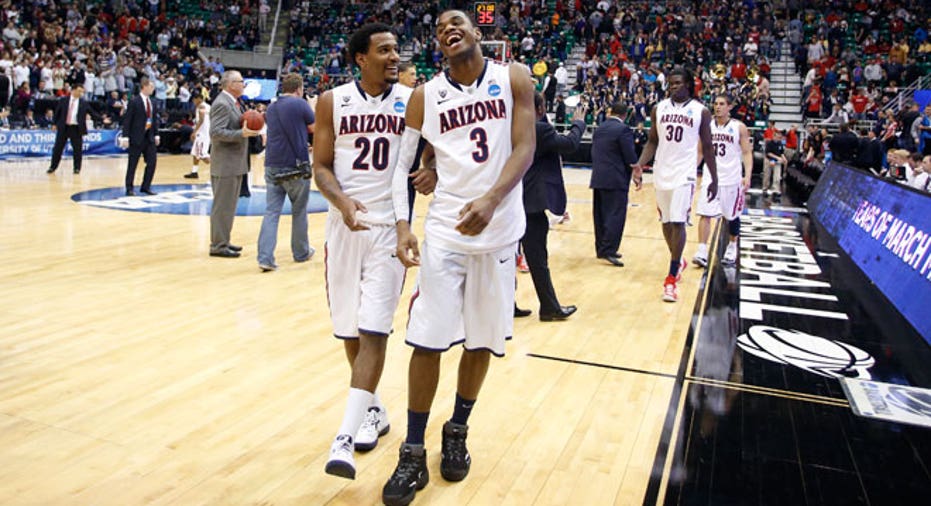NCAA Could Face Class-Action Suit Over Player Pay

Lawyers representing a former college basketball standout are seeking to turn a complaint against the NCAA into a class-action lawsuit, as the fight to give players a share in the NCAA’s revenue continues.
In a federal court in Oakland, Calif., U.S. District Judge Claudia Wilken said it “might take me a while” to determine whether the lawsuit, brought by former University of California Los Angeles player Ed O’Bannon and others, should become a class-action suit.
O’Bannon filed the complaint after the NCAA licensed a video game that used the likenesses of college players, including his own, while the athletes didn’t receive any compensation.
The plaintiffs are looking to gain a share of the revenues earned since 2005 from broadcast rights fees, as well as video-game royalties and licensing fees.
The legal battle began in 2009, when former University of Nebraska athlete Sam Keller filed a lawsuit seeking damages related to the use of his likeness in Electronic Arts (NASDAQ:EA) video games. That complaint was consolidated with O’Bannon’s lawsuit and others.
NCAA rules prohibit players from accepting payment beyond athletic scholarships while playing college sports.
If the current lawsuit is expanded, thousands of others could join and the potential damages would soar.
Michael Hausfeld, a lawyer representing O’Bannon and other plaintiffs, said “the predominating common issue” connecting the current plaintiffs and potential ones is that “no payments are made to any athlete at any time.”
Gregory Curtner, a lawyer for the NCAA, countered that student athletes don’t have any broadcast rights to sell, adding that players consent to be on camera when they go in front of the cameras.
“The NCAA makes clear that current student-athletes voluntarily choose to play on broadcast TV and that choice is made without the legal need for a ‘license’ for their appearance,” the NCAA said in a statement released late last month.
In response to a question from Judge Wilken about what kind of injunctive relief the class would seek in addition to damages, Hausfeld explained that players should be able to negotiate their own deals with schools and video-game.



















